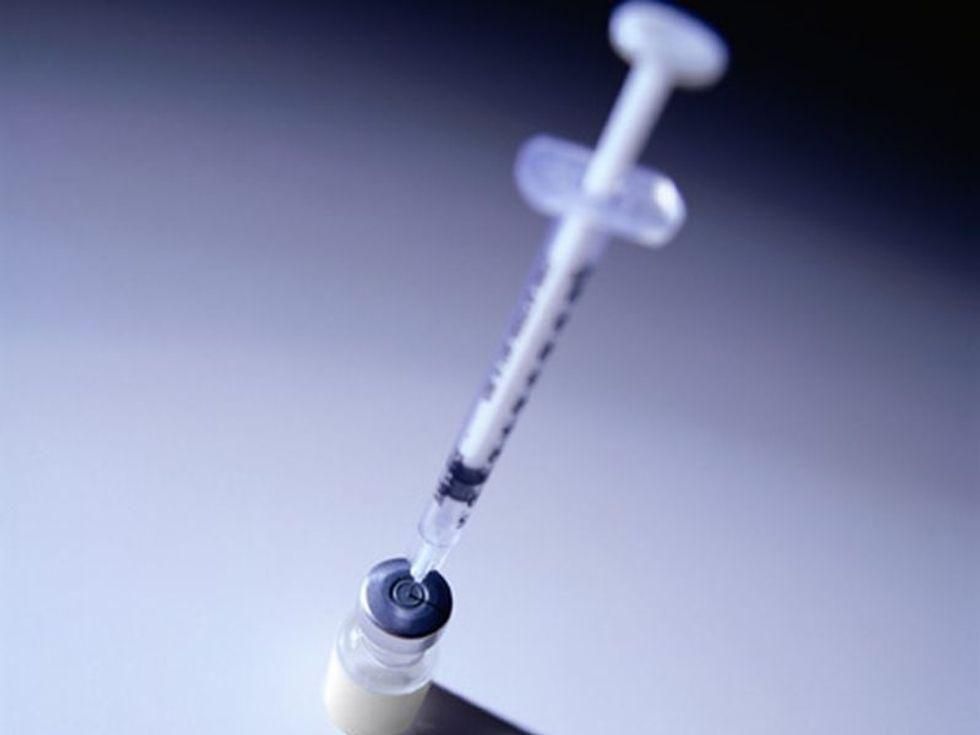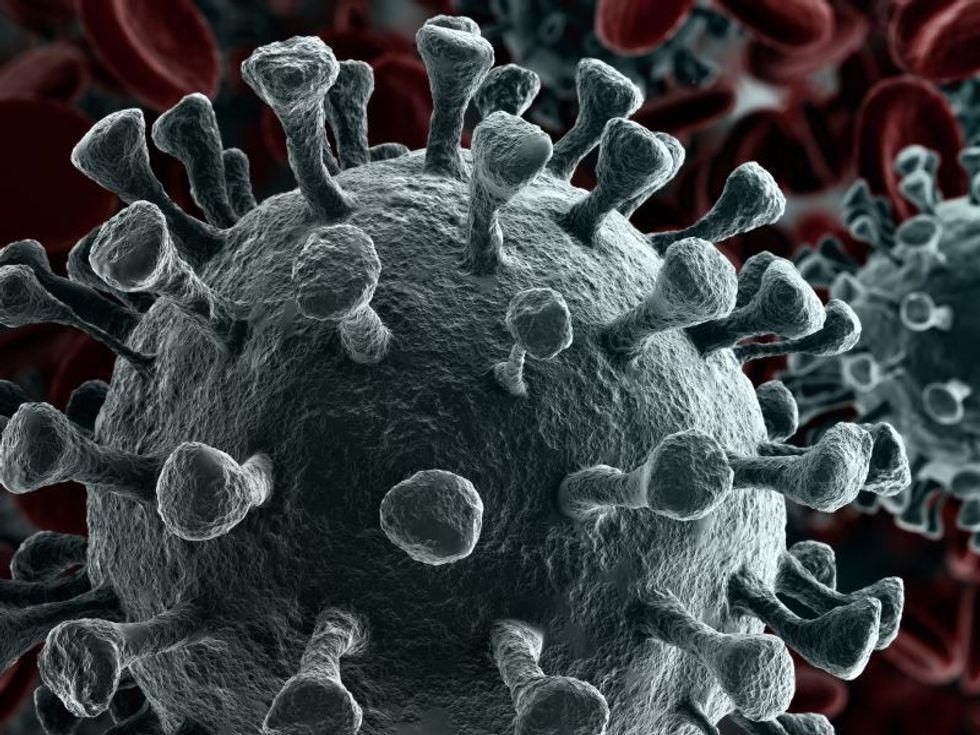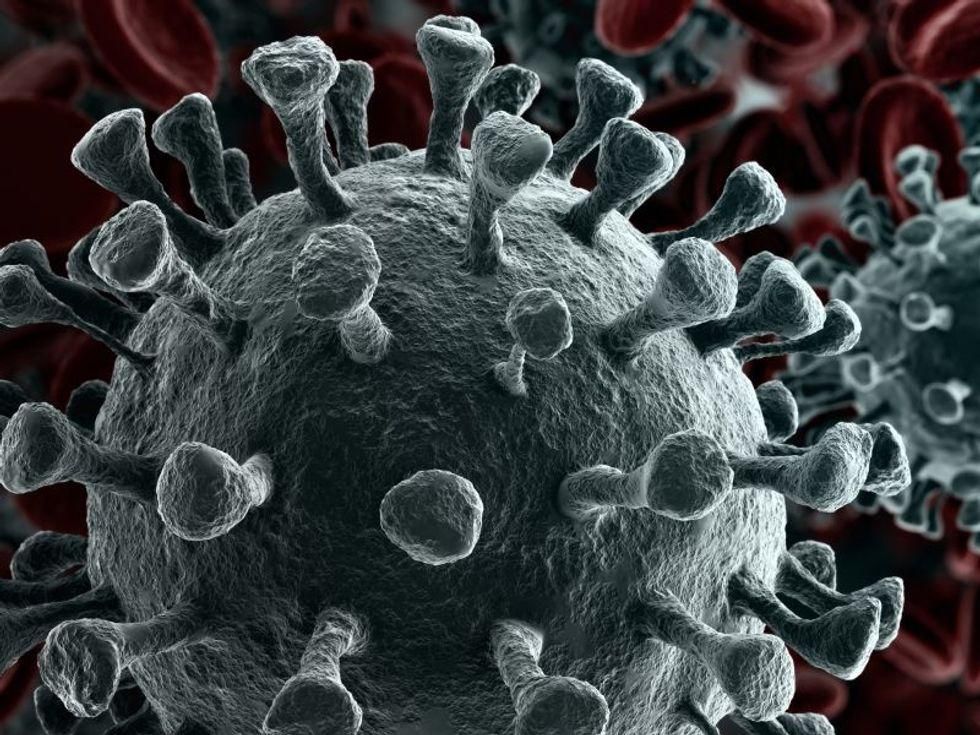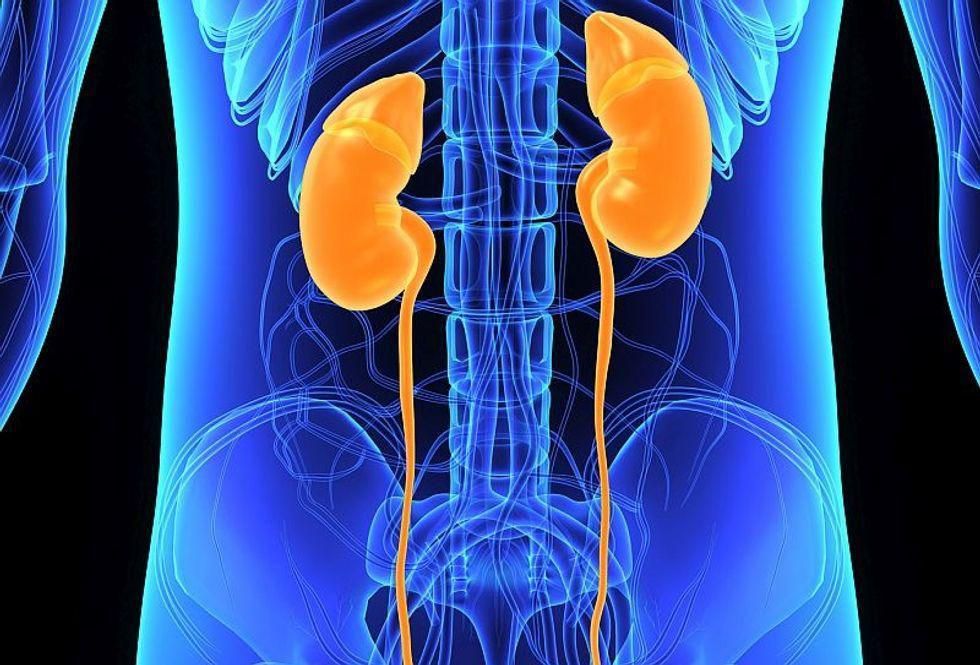
Hawaii will drop COVID-19 testing and quarantine rules for fully vaccinated travelers from the U.S. mainland in two weeks, Gov. David Ige announced Thursday. When the restrictions are lifted on July 8, visitors using the quarantine exemption will have to upload their vaccination cards to a state website and bring a hard copy of their… read on > read on >






























